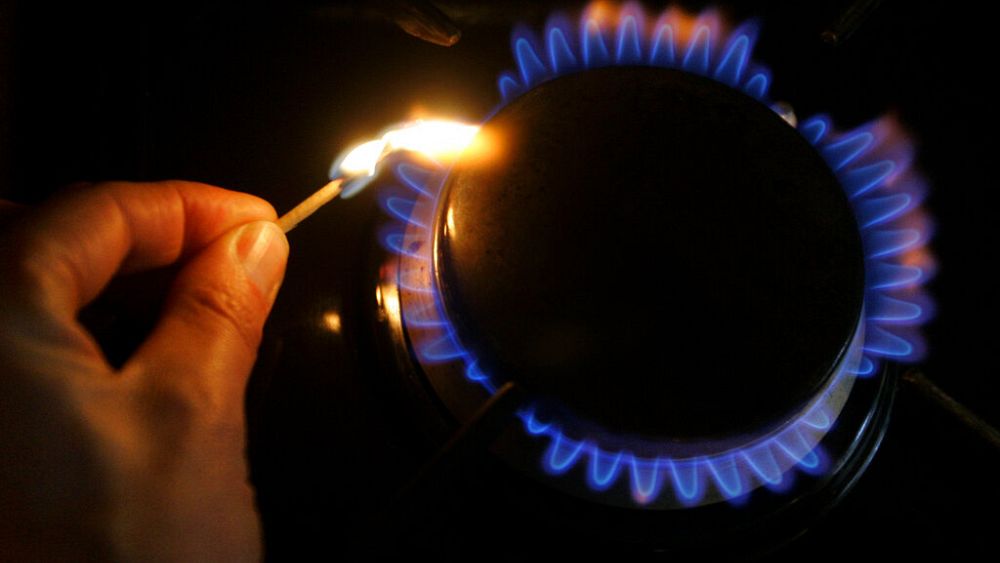
Gas cookers are breaching air pollution limits in homes and increasing the risk of children developing health problems, according to a new study.
The report by energy efficiency NGO CLASP, the European Public Health Alliance (EPHA) and the Netherlands Organisation for Applied Scientific Research (TNO) suggests that cooking on gas without ventilation causes indoor nitrogen dioxide (NO2) levels to regularly exceed WHO air quality guidelines and EU pollution standards.
Gas ovens also produce carbon monoxide, ultrafine particles and other pollutants that can cause severe health effects in children, particularly lung conditions, TNO found.
More than 700,000 cases of child asthma in the European Union (EU) in the past year were linked to cooking on gas at home, says the report. This figure represents around 7 per cent of all asthma cases in children across the bloc.
Some 100 million people in the EU use gas cookers, including more than half of all homes in Italy, the Netherlands, Romania and Hungary.
Health groups fear that Europe’s energy crisis could make this situation worse, as people reduce ventilation to save heat and money.
Gas cookers release ‘as many pollutants as second-hand smoke’
“People spend the majority of their time indoors. Indoor air quality can have a major impact on our health and well-being,” says CLASP CEO, Christine Egan.
“Few people are aware of the harmful risks posed by gas cooking appliances — cooking your dinner could expose you to as many pollutants as second-hand smoke.”
“Gas cooking appliances need health warning labels like cigarette packets,” she continues, adding that “EU officials have an obligation to consider these health risks”.
The American Medical Association recently noted that gas stoves increase household air pollution, plus the risk — and severity — of childhood asthma.
Past research has also linked home gas use to attention deficit hyperactivity disorder (ADHD) in young children and negative impacts on adults’ respiratory and nervous systems.
The authors of the report fear that skyrocketing oil and gas prices fuelled by the war in Ukraine could make the problem worse.
“We fear that indoor air quality could get especially bad this winter in homes using gas cookers, as people reduce ventilation and avoid opening windows to save heat and money during the energy crisis,” says EPHA director general, Dr Milka Sokolović.
“With fewer air exchanges with the outside, it is increasingly important to tackle indoor sources of air pollution, such as gas stoves.”
Should governments step in to warn about the dangers of gas ovens?
Facing the health and environmental damage caused by burning fossil fuels, Dr Sokolović says governments have a “responsibility” to put in place frameworks that could help households transition from gas towards “clean electric” cooking.
CLASP and the EPHA claim EU officials are “obligated” to factor in health when regulating, but that current domestic standards on gas cookers fail to do so.
Under an EU treaty, European lawmakers should aim to protect human health while making environmental policies.
New rules are expected next year.
Gas cookers should be phased out under new regulations, the two organisations urge.

